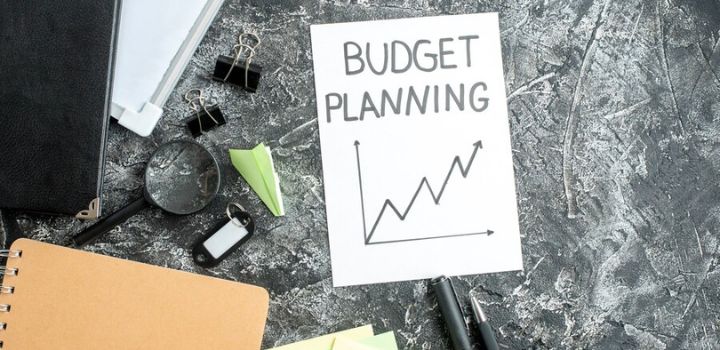Every penny counts when it comes to running a business. You must keep an eye on the inflow and outflow of cash to ensure you are not cash-strapped when you need it for any business projects. Poor cash flow can make it harder for you to “keep the ball rolling”. Undoubtedly, small businesses struggle with cash unless they start generating profits. You might have to rely on a 5K loan for bad credit, but again, you will need to show some financial security to prove that you can repay the debt.
Budgeting is crucial to tackling complex financial situations. You can come across a need for a big chunk of money, and every time, you cannot expect funding from external sources. Otherwise, you will be highly likely to plunge into an abyss of debt.
A business budget can help you organise your finances. You can assign goals to the reserves you have. It gives you an aim for using earmarked cash, and hence, you are less likely to allocate that to unwanted expenses.
Tips for making the most of your business money
Here are the most effective strategies for setting a budget for your small business:
- Invest in smart employees
Your employees are the assets of your company. Your business cannot grow if your employees are running on empty. Hiring is expensive, especially if you are looking to hire the best candidate, but they can help you get business by thinking outside the box.
Experience is important, but at the same time, you should check if they are the right fit for your organisation. Look for creativity and hire versatile employees who are willing to adapt themselves to the new environment.
Investing in good employees will help you save a lot of money in the long run. Best employees are always committed to their work and are more likely to be retained than mediocre who keep chasing high pay scales only. You do not have to spend your penny on hiring new employees every now and then. In addition, you can capitalise on their new ideas to make money. Your business will flourish when you see new ideas and tactics used to carry out goals.
- List your expenses
Listing expenses will give you an idea of how much you need to meet your business expenses. You can set aside that portion of money so you do not struggle when they are due. Part of these expenses is variable of which you can get the idea by calculating an average of the previous six month’s expenses. Make sure you stash away slightly more, as variable expenses can go slightly up.
Apart from regular expenses, you should also build a reservoir for emergency expenses. You may come across an urgent need for a large chunk of money. An emergency corpus will help you “hit the ground running”. However, if the reserves have fallen short of cash, you can take out start-up business loans for bad credit guaranteed in the UK. These loans can help fund your new project as well, but you will have to submit a business plan to ensure your lender that you can repay the debt.
- Constantly review your budget
Since you know that expenses for two months cannot be the same, you will have to keep fine-tuning your budget to have a smooth flow of cash. Keep reviewing your expenses and ensure that you have the ideal size of a budget to meet them. Be in touch with your accountant and discuss strategies to bring your expenses down. There are various ways you can propose, such as:
- Allowing your employees to work remotely for a few days a month. It will help cut back on your electricity bills.
- Hiring multi-tasking employees. It will help you cut your payroll expenses and solve the issue of spacing.
By cutting the cost, you can retain more money in your reservoirs, but make sure you do not cut the quality. Cutting corners is bad for your business’s long-term growth. Cost-cutting methods should be used that do not affect the quality.
- Complete all transactions through cash
Because you are at the initial stage of your business, you should promote cash transactions. Do not make the mistake of issuing products on credit to your clients unless your business starts making profits. Cash transactions make it easier for you to manage your expenses smoothly. You will clearly know how much is coming in and going out.
If you are to offer your products and services to your clients on credit, keep the invoice payment cycle short. It should not be more than two weeks, and you must be paid before your payments are due to your creditors. Keep sending reminders to your clients when invoices are due. Charge late payment fees if invoices are overdue.
- Haggle for a good bargain
You might not believe it, but there is always a chance of getting a hefty discount on the products or raw materials you are buying. Establish good relationships with your vendors and leverage them to get a discount. Buying in bulk is another way to reduce the cost per item.
Compare prices offered by different vendors and choose the one that offers goods at lower prices. However, you need to ensure the best quality. Some vendors may take 10% off the price without you asking for it, but in spite of that, you can ask for a higher discount. They may make it up to 20%, depending on the quantity of your order.
The bottom line
It can certainly be challenging to manage expenses as a start-up. You will need a constructive budget that helps you track your expenses and make strategies that ensure a smooth flow of cash. You will have to keep reviewing your business because expenses vary by month. Create an emergency cushion for unexpected or big expenses. It will prevent you from relying on loans every time you need money. Above all, keep your credit rating good because you may need to borrow money despite budgeting.





